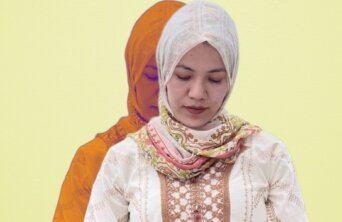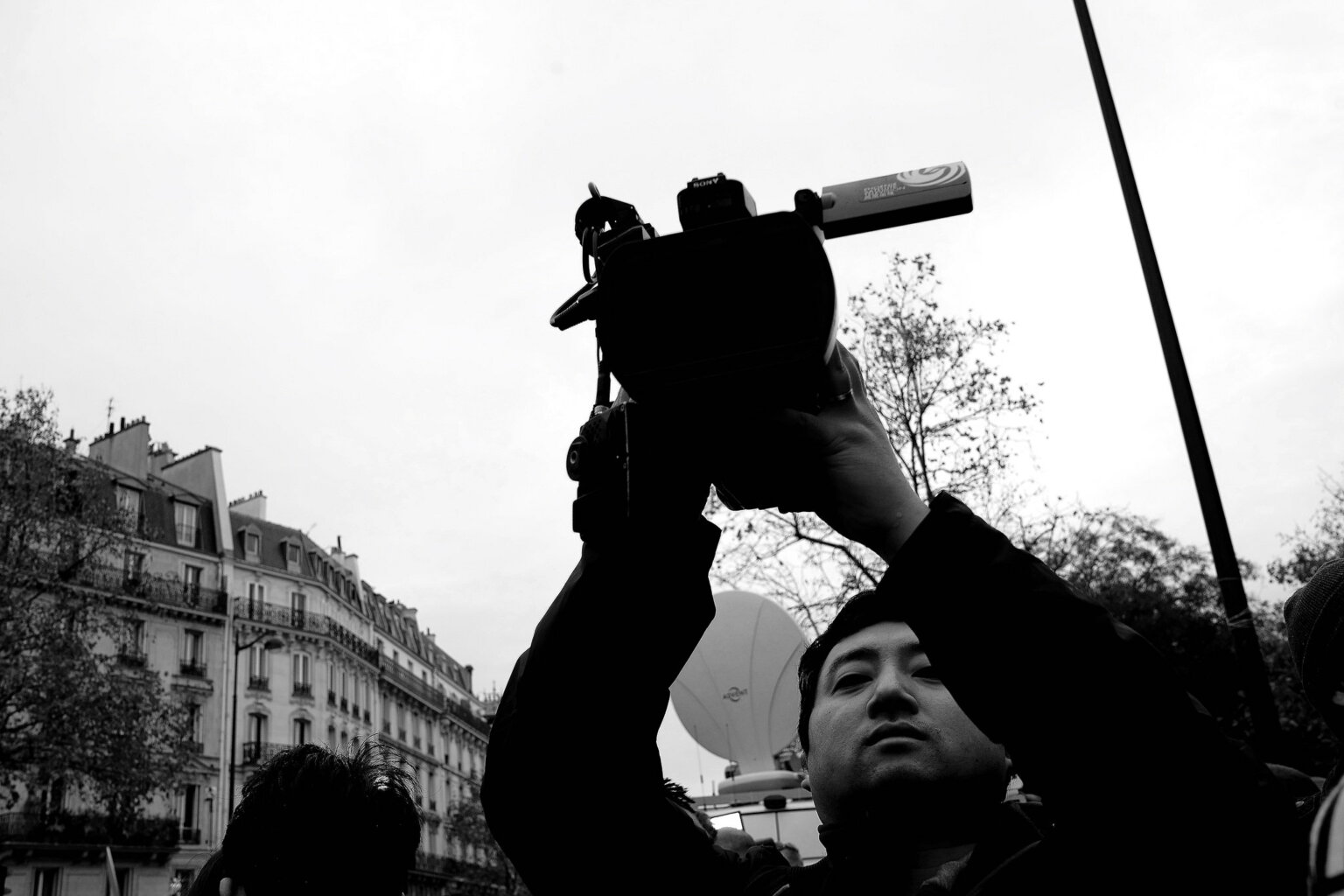- About
- Topics
- Story
- In-Depth
- Picks
- Opinion
- News
- Donate
- Signup for our newsletterOur Editors' Best Picks.Send
Read, Debate: Engage.
| topic: | Freedom of Expression |
|---|---|
| located: | Afghanistan |
| editor: | Shadi Khan Saif |
Hamida Zahra Madadi is one of hundreds of female Afghan journalists now living in exile to escape persecution by the Taliban. For many years before the fall of democracy, Madadi was a leading reporter for the Salam Watandar Radio Network in the capital, Kabul. Even after the Taliban’s takeover of the country, she confronted powerful individuals with her courageous journalism before militants stormed her office and forced her to flee Afghanistan.
As she explained to FairPlanet, she soon realised that under the new regime, her work of confronting the Taliban could cost her life, and there was no other choice for her than to flee the country. “[The Taliban] attacked our office multiple times, threatened and intimidated us all to not cover the women protesting for their rights to work and study,” Madadi told FairPlanet. “I felt my life in danger and had to escape.”
Madadi is referring to the protests following the Taliban’s abolishment of the Ministry of Women Affairs and their ban on women from universities and work, among other restrictions.
Now living in exile in neighbouring Pakistan in hope for a safe haven somewhere else, Madadi has been frustrated with the lack of support for Afghan female journalists inside Afghanistan and in exile worldwide. “We are simply forgotten and neglected by the world,” she said.
The once-vibrant and independent Afghan press corps has been drastically diminished since the coup. Only a handful of struggling private media outlets remain, and they are finding it increasingly difficult to survive amidst the Taliban's reign of terror. These outlets are resorting to self-censorship and facing intimidation tactics from the Taliban-run state, which has made it even more challenging for them to report the truth and keep the public informed.
According to estimates from NAI, Afghanistan's local press freedom organisation, a staggering 95 percent of female journalists have left their careers or fled the country since the Taliban takeover of Kabul. Prior to the Taliban's rise to power, there were over 2,000 active female journalists throughout Afghanistan. However, now, only a handful of them are able to continue their work under the oppressive regime, primarily in the capital city of Kabul.
In the provinces, where the majority of the population resides, there are hardly any women allowed to work in the media. This has had a significant impact on the diversity and quality of reporting, as the voices and perspectives of women are largely absent from the coverage.
As Madadi explained, these restrictions amount to much more than depriving women of their careers; they represent a broader pattern of inhumane gender-based discrimination that seeks to silence all women in the country. “Female reporters were the voice of all women and girls, especially in the remote rural areas. Over the past few years that consistent struggle led to increased awareness and an improvement in their social life and health,” Madadi recounted. “But that’s all in vain now.”
Despite being in exile, young female Afghan journalists like Madadi remain determined to serve as the unwavering voice for women and girls in their war-torn country. They are eager to pursue their journalistic endeavours with the same vitality and passion they have always had, provided they have a platform and support from the international community.

